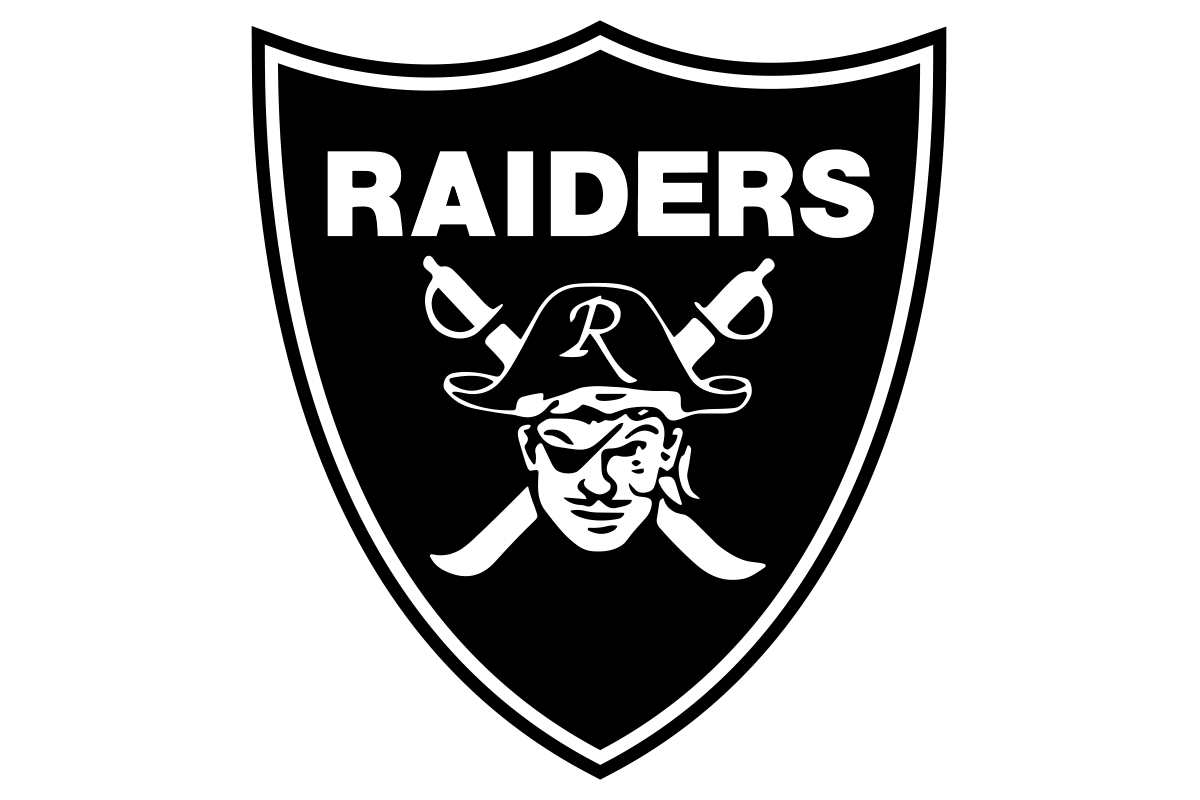What is said to be the largest marine oil spill in U.S. history occurred April 20 when BP (British Petroleum) underwater oil well began leaking into the Gulf of Mexico.
The oil spill was said to be the after effect of the Deepwater Horizon oil rig explosion that occurred earlier the same day. The leak spilled roughly 4.9 million barrels, 503 million gallons, into the Gulf of Mexico over a five month period and has also caused damage to the marine life and fishing industries in the area. After numerous failed attempts, the BP oil company capped the well July 15, officially stopping the flow of oil into the Gulf of Mexico.
“We should have had a back-up plan in place to prevent such a catastrophe,” sophomore Jancee Bennett said. “I was broken-hearted. I couldn’t stop thinking about all the people horribly affected by the spill.”
The Deepwater Horizon oil rig was a semi-submersible deepwater oil rig that was built in 2001. The 396 foot long by 256 feet wide rig was mobile, and could operate in waters up to 30,000 feet deep. When the explosion occurred, the rig was located about 41 miles off of the Louisiana coast and had begun drilling at a depth of 5,000 feet a month before the explosion. The explosion killed 11 workers and was found to be the main cause of the spill. Geography teacher, Jan Weston, said that drilling closer to shore could have prevented such an event.
“Environmental policies have, in some cases, pushed oil exploration to dangerous depths,” geography teacher Jan Weston said. “The deeper a company is forced to go out to drill, the more demanding and expensive the circumstances become. The only people who didn’t see this coming were the ones who made the policies.”
The oil spill was first discovered when an oil slick was spotted at the site where the oil rig exploded and eventually sank. The oil spread quickly with the influence of strong southerly winds and by April 30, the total spread of the oil had reached 3,850 square miles. The oil slick never actually reached Texas beaches, but could affect it economically. The Obama administration issued an official pause on offshore deep water drilling in July. The moratorium, according to Weston, will be the only way the oil spill will officially affect Texas as a state.
“The economy of our state will be impacted negatively if the moratorium on offshore drilling is pushed through,” Weston said. “If this moratorium does go into effect, tens of thousands of jobs will be lost in an already tenuous economy. Any sort of moratorium on new exploration will drive up gas prices exponentially. This will drive up costs of all energy prices.”
Overall, BP took blame for the oil spill and full responsibility for the cleanup and response costs. BP estimates about $5 billion for cleanup, $20 billion to compensate people who have lost money because of the event, and has already spent $8 billion on response efforts. The U.S. government and organizations have also aided in the clean-up as well as the oil-eating bacteria that resides in the Gulf. Bennett said that the U.S. government did a good job responding to the catastrophe, but that the spill could have been better prevented.
“There should be strict regulations on offshore drilling,” Bennett said. “We could have enforced BP to have a better plan B or C for that matter. I’m not usually a fan of government regulation but on this topic we need someone to save us from ourselves.”






